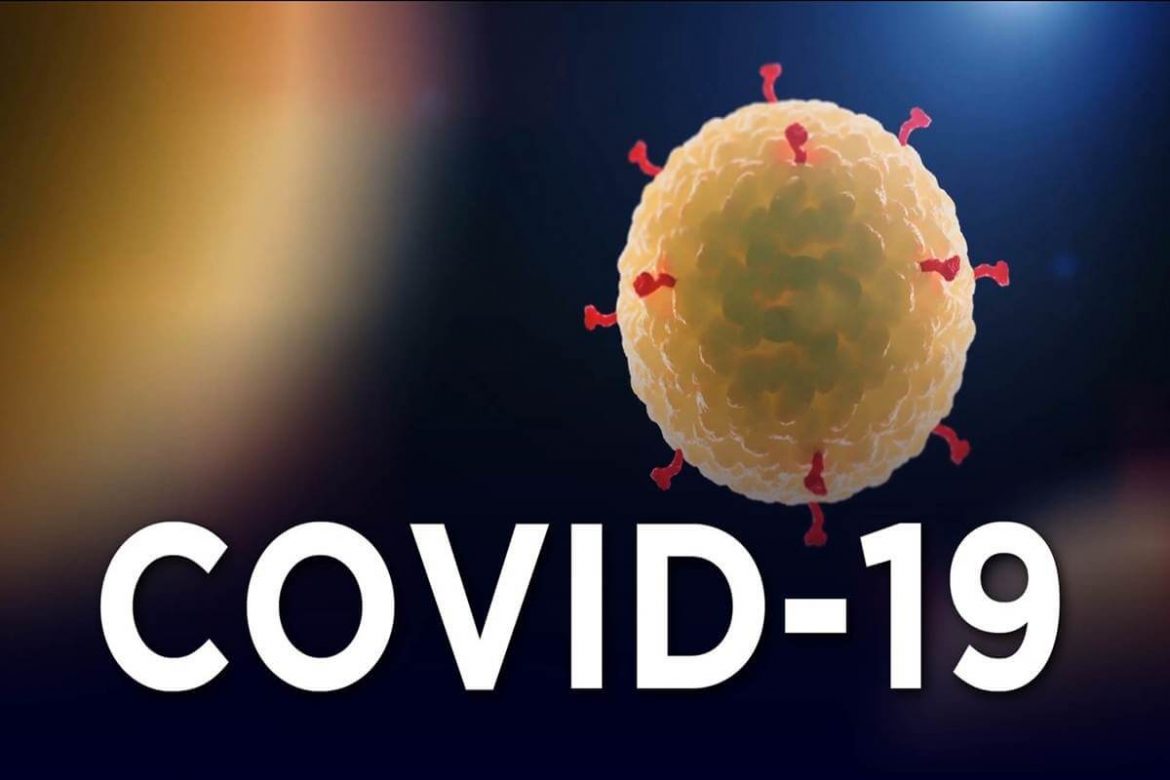The multi-collaborative research project on waste water epidemiology to study transmission of Covid19 and other communicable viral infections, would help Health Machinery to plan control of these diseases or prepare for it.
Central India Institute of medical Sciences (CIIMS) through funds received from Global Challenge Research Fund (GCRF) and collaboration with University of Nottingham, UK, carried out the research. The data collected from every zone of Nagpur district, is being processed.
Sewage water from all wards of Nagpur and 13 talukas of the district were collected and tested at B Lal Institute of Biotechnology, Jaipur.

Director (Research) of CIIMS Dr Rajpal Kashyap stated waste water data would help in understanding nature and behaviour of Covid19 virus. CIIMS also collected about 1,000 blood samples to correlate community exposure to SARS Cov-2 through waste water.. The scientists are also analysing drug panels such as antibiotics, anti-viral drugs such as favipiravir and diabetes drug (metformin) in waste water to study its correlation with SARS Co-2 burden in host spot areas.
Dr Kashyap stated that loads of six common virus were also detected, which include Rotavirus, Hepatitis-A, Hepatiis-E, Norovirus, Adenovirus and Enteroviruses. Rotavirus, which is common cause of diarrhoea was in abundance in the samples.
The blood samples indicated that a vast majority of population was exposed to Covid19, and had developed antibodies.
Among 70 percent samples from non-vaccinated persons, antibodies had developed. About 98 percent from among vaccinated persons, antibodies were detected.
Director of CIIMS Dr Lokendra Singh stated that memory cells in brain can activate antibodies production, even after the actual effect of vaccine vanishes. The booster dose may not be required in most of the cases.
👉 Click here to read the latest Gujarat news on TheLiveAhmedabad.com




